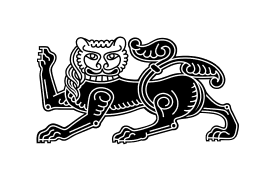WHAT WILL WE LEARN AND HOW?
(Pavilion 3)
Throughout world history, time would challenge everything humanity knows and has learned, over and over. This is how the medieval university appeared, fundamental science emerged, and humankind conquered the skies, began exploring space, the ocean, and the microscopic world.
Today, the explosive development of advanced technologies and digital knowledge creation tools has unleashed opportunities that the world seemingly has never encountered before. For example, AI’s analytical capabilities already exceed those of an average specialist. However, these same capabilities not only threaten the loss of cultural identity for entire peoples and nations but also radically transform the motivational system in knowledge and education.
The primary task of the education sector today is to develop and implement approaches to the formation, accumulation, and application of knowledge that enable humans to meet the challenges of the times and lay the foundation for the future development of domestic education.
Undoubtedly, growth of technological and digital capabilities maintains and even strengthens the teacher’s and mentor’s leading role. In the Russian education system, where the principle of “person-to-person teaching” prevails, personal example remains the best way of transmitting knowledge, skills, and values.
Questions for discussion
- What are the main challenges for the knowledge reproduction system today and over the next 10–20 years?
- Where and how will we acquire knowledge in the future?
- Know How or Know Why? What is more important: knowledge or understanding?
- Do technologies weaken or strengthen our cognitive abilities and potential for knowledge?
- What qualities must we have to remain leaders in the “human–technology” partnership?
- How will the role of the individual in education change as both a learner and a mentor?
- Stadium, esports, garage, monastery: where are the sources of successful educational practices of the future?
